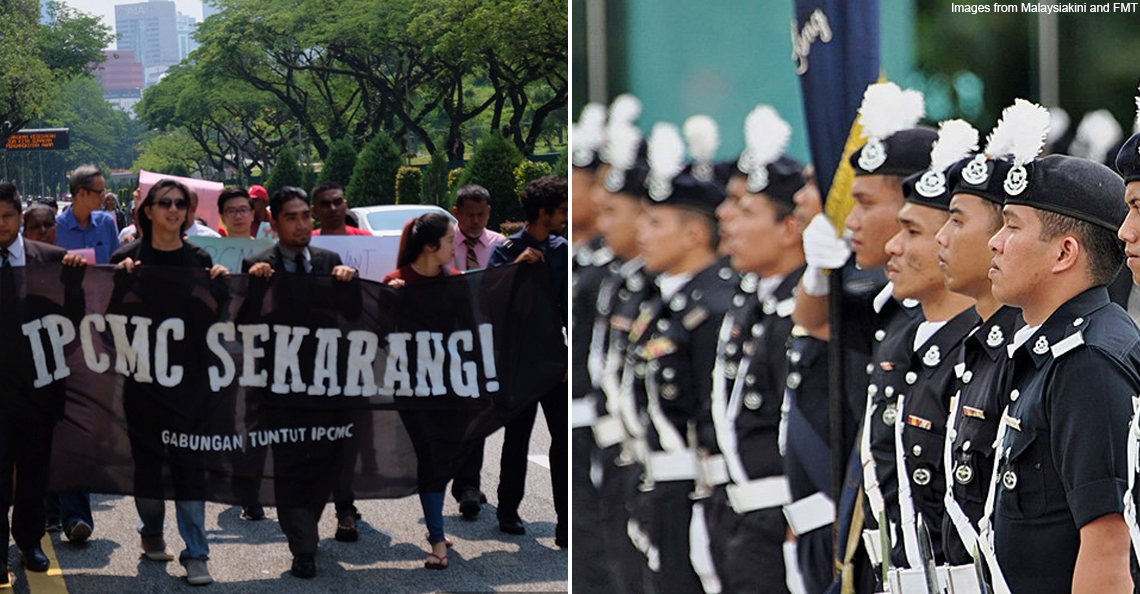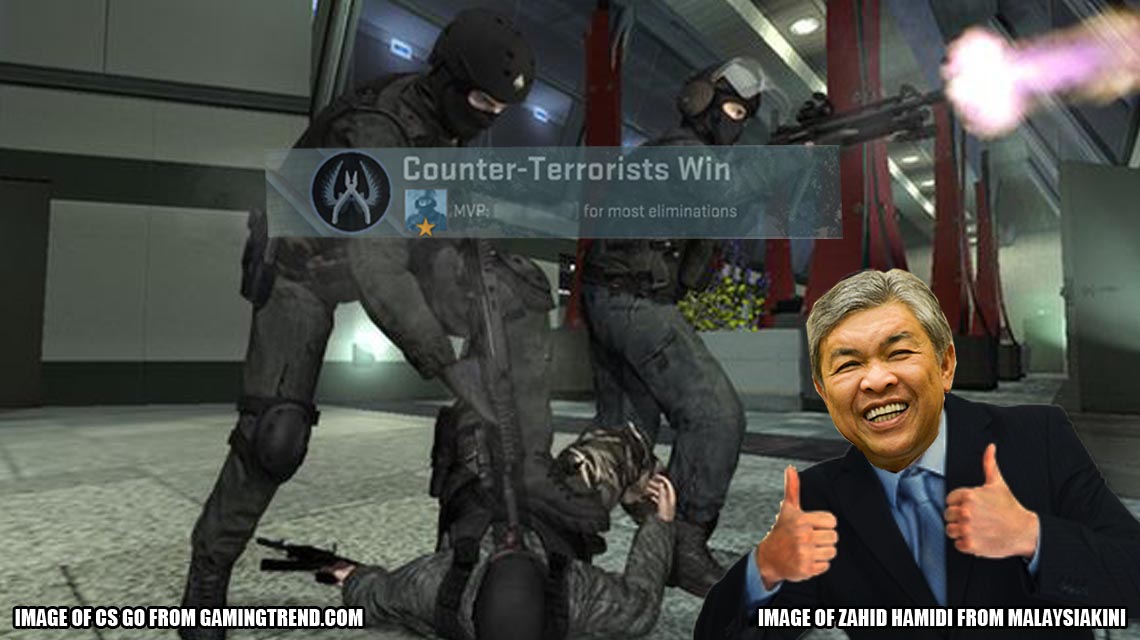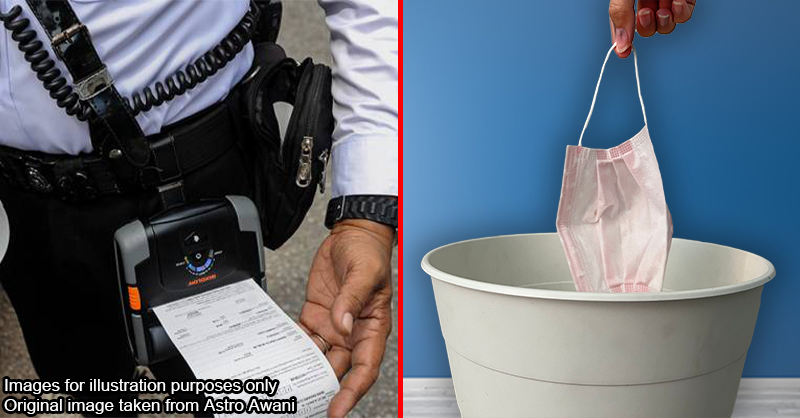After 14 years, a proposed commission to regulate abuse by PDRM might become reality
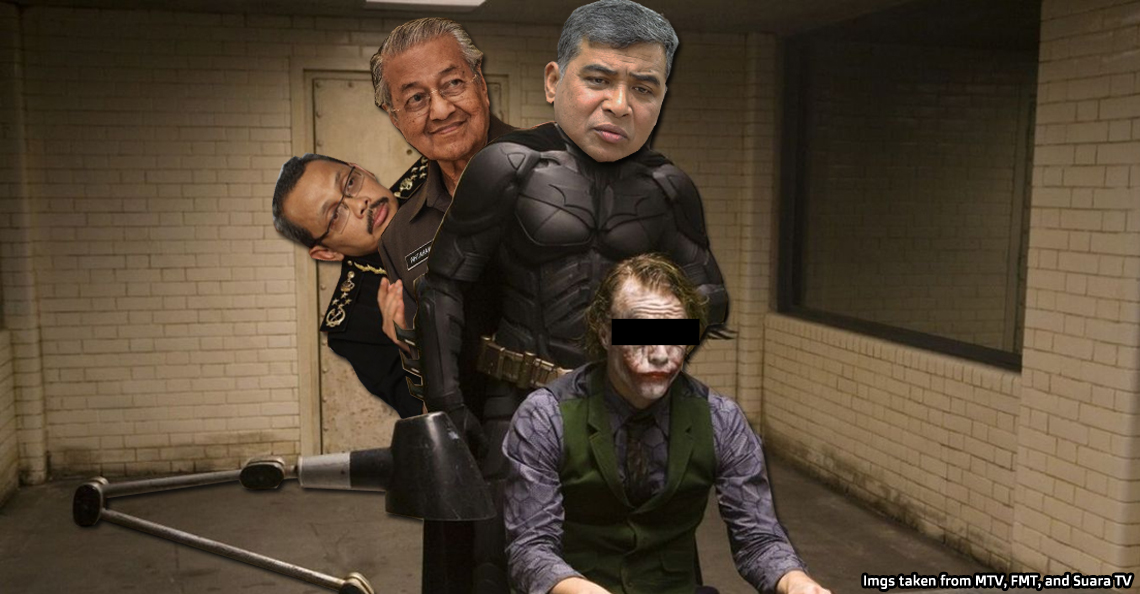
- 391Shares
- Facebook328
- Twitter14
- LinkedIn13
- Email14
- WhatsApp22
If you’re an avid reader of Cilisos, you might remember a recent article about the rakyat saman-ing the police for worrying things like slapping a guy so hard that he lost his hearing, arresting and detaining people willy-nilly, and opening fire unnecessarily at a roadblock, to name a few.
We’re not trying to put the police in a bad light here (we’re sure that plenty of them do their jobs well), but over the years our police force had gained a bad sort of reputation. Which got us thinking… who polices our police? Who do we go to if we need to make a report/complain about a bad encounter with a police officer in Malaysia? Another police officer? A lawyer? Or an uninvolved third party?

It has been a real head-scratcher for quite some time already, and recently people have renewed pressure on the government for the third option, calling for something called the Independent Police Complaints and Misconduct Commission (IPCMC). However, as with many things in Malaysia Baru, it won’t be easy, because although the IPCMC may seem like a recent thing…
People have actually been asking for the IPCMC… since 2005?!
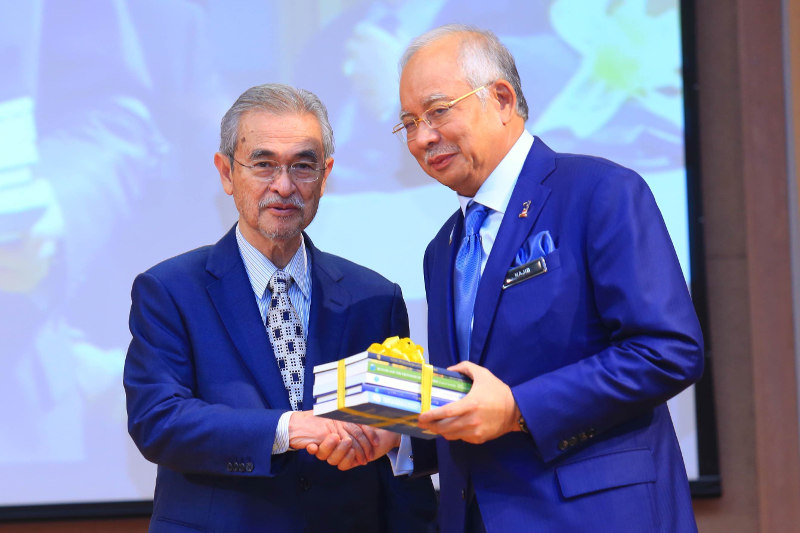
Yep, since 2005, because that’s when the IPCMC was first planned. Right now you’re probably thinking, that’s such an unattractive acronym how come we still haven’t got this IPCMC critter after 14 years? To understand why, we’ll have to look back at how the plan for the IPCMC came to be. In the early 2000s, the PDRM was getting a lot of flak from the public, as both the number of crime and people dying in their custody were on the rise.
The Prime Minister at that time, Datuk Seri Abdullah Ahmad Badawi (aka Pak Lah) then did what PMs always do: set up a commission to tackle the problem. So in 2004 the Royal Commission to Enhance the Operation and Management of the Royal Malaysia Police was set up, and as its name suggests, the function of this 16-strong commission was to study and give suggestions on how improve the police. Over the course of their study, they’ve received over 900 complaints of abuse by the police, up to and including misusing laws to detain people, abusing detainees both physically and psychologically, and having no accountability and transparency.
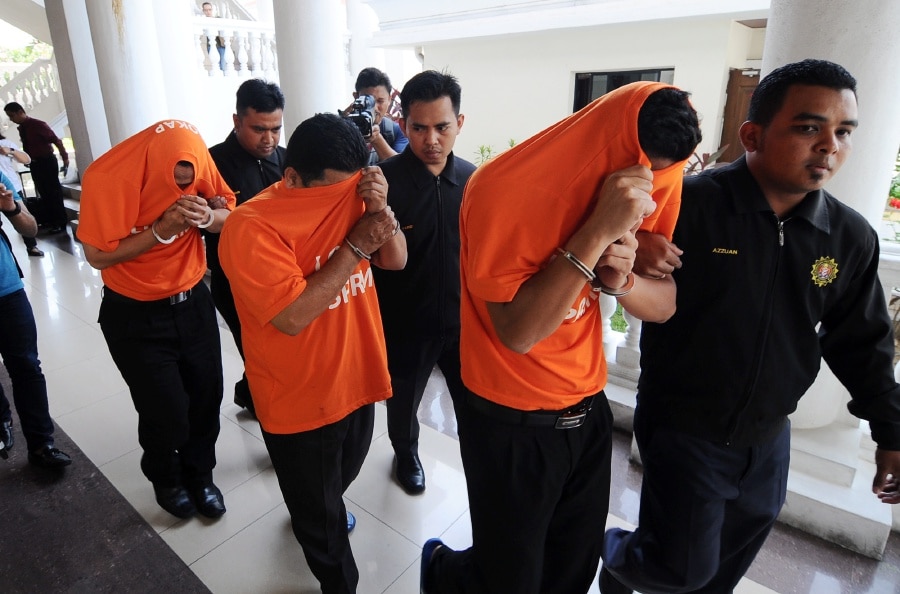
They’ve found that there are three challenges facing the police:
- too much crime, causing the public to worry
- too many people thinking that the police are a corrupt bunch
- too much abuse of human rights and not following the rules
Because of these three things, the police was said to be generally seen as “inefficient, uncaring, unable to prevent or check crime, infringements of human rights are extensive and PDRM is not seen as being transparent or accountable to the public“. Or, in simpler terms, the public dis not trust the police. They published a report called the Dzaiddin report (after the head of the commission, former Chief Justice Tun Mohamed Dzaiddin Abdullah) which contained these findings and suggestions to fix them, and one major suggestion was the setting up of the IPCMC.
The IPCMC was suggested as a sort of watchdog for the police made up of non-police members (including retired ones), and it will have powers to receive complaints regarding the police and investigate them, and perhaps most importantly, imposing sanctions for those found guilty. This report came out sometime in 2005, and although they have planned for the IPCMC to be established by May 2006…
The government replaced the IPCMC idea with weaker, more general versions of it

The IPCMC suggestion became a Bill back in 2005, but it didn’t catch on due to objections from the police. So in 2007, another body called the Special Complaints Commission (SCC) was suggested, having less powers than the IPCMC (it cannot penalize), but able to cover more agencies, not just the police. The public was not amused by this back-pedaling, so the government came up with another agency called the Siap, which is the Malay acronym for the Enforcement Agency Integrity Commission (EAIC) that we know today.
The EAIC was established in 2011, but much like the SCC it is less powerful and more broad compared to the proposed IPCMC. Perhaps its biggest drawback is that even if the EAIC did receive a complaint, investigate it and find a wrongdoing, it cannot act on its findings, being able to merely recommend actions to be taken. For cases involving police officers, the recommendations will probably be made to the Police Force Commission (of which the IGP is a member). But there’s no obligation for them to follow those recommendations.

Steven Thiru, former president of the Malaysian Bar, pointed out in 2015 that the EAIC is also woefully understaffed, covering 19 government agencies that employed up to ten thousand people, yet only having one investigating officer.
“With 312 complaints lodged in 2014, how can one officer investigate them all?” – Steven Thiru, to the Star.
Perhaps it is due to this perceived inefficiency and the things happening that members of the public kept asking for the IPCMC to be established. Days after the Pakatan government assumed power, rights group Human Rights Watch had urged it to establish the IPCMC within its first term of office, and based on previous reports, there had been calls for the IPCMC once every few years for the past decade. The Malaysian Bar had practically called for the IPCMC every time a custodial death occurred.
The most recent call was in April, when a group of 50 NGOs calling themselves the ‘Gabungan Tuntut IPCMC‘ marched over to the Parliament to hand over a memorandum regarding the IPCMC. This recent incident was believed to be spurred by Suhakam’s findings that linked some enforced disappearance cases to Bukit Aman’s Special Branch as well as the ongoing case regarding the mass graves found in Wang Kelian.
It would seem that to restore the public’s confidence in the PDRM, the IPCMC is sorely needed. However…
Past attempts at the IPCMC had flopped, so will the new government succeed?
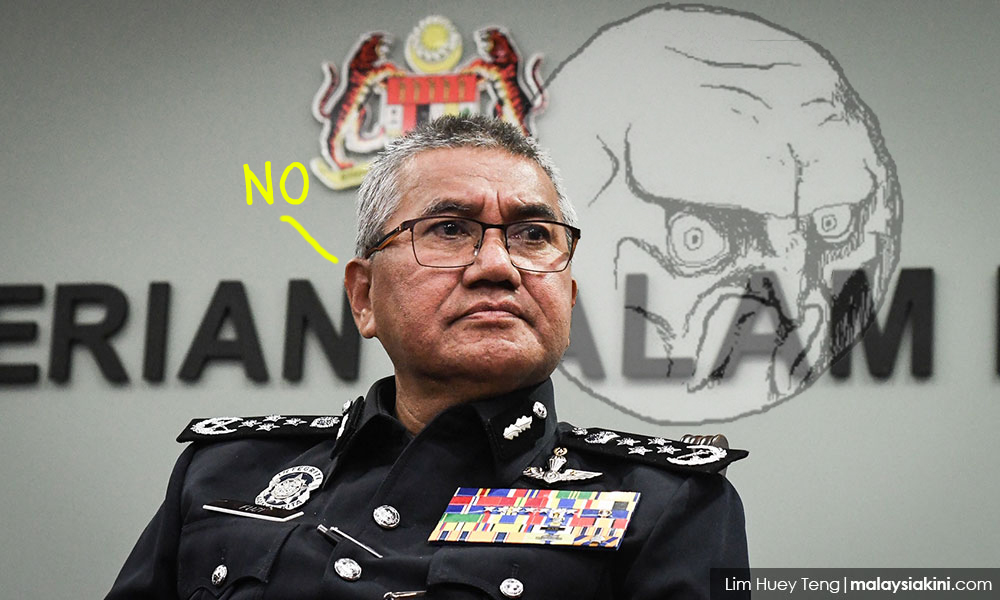
There’s a reason why although it was suggested some 14 years ago, the IPCMC has yet to be established. The most obvious one quoted by the media is simply because the police don’t want it, causing the gomen to come up with the EAIC instead. To paraphrase Lim Kit Siang from 2017, we would have had the IPCMC long ago if the effort to implement the IPCMC had not been sabotaged by police officers.
The reasons given for not establishing the IPCMC had been various, from the IPCMC having so much power that it’s unconstitutional, to overlapping jurisdictions and laws among government agencies, leading to redundancy, and the possibility of it opening up the PDRM to outside manipulation.
“The IPCMC would have acted as investigator, prosecutor, judge, and executioner simultaneously. The concept contravenes principles found in the Federal Constitution and existing laws,” – Datuk Seri Nazri Abdul Aziz in 2009, as reported by the Nut Graph.

Regardless of the reason, it would seem that the police are still not keen on the idea of the IPCMC. The just-retired IGP Mohamad Fuzi Harun had recently revealed that a task force set up to collect feedback on the IPCMC within the force revealed that many serving and retired police officers have objected to it.
“We have about 130,000 serving and 150,000 retired personnel who have roundly objected to the matter… We will register our opposition and have written a letter to the government leadership,” – Tan Sri Mohamad Fuzi Harun, to The Star.
Tun Mohammad Dzaiddin, in the Royal Commission report from 2005, had acknowledged that bringing about their suggested reforms will be hard, but even he himself seemed to have lost faith in improving the police force, several years after the IPCMC had been rejected. But the government had changed. Will it be possible now?
In light of the recent drama, Tun Mahathir had said that the government will study the public’s opinions first before making any decisions, and Home Minister Muhyiddin Yassin said that as well, adding that the government will not budge from forming the IPCMC.
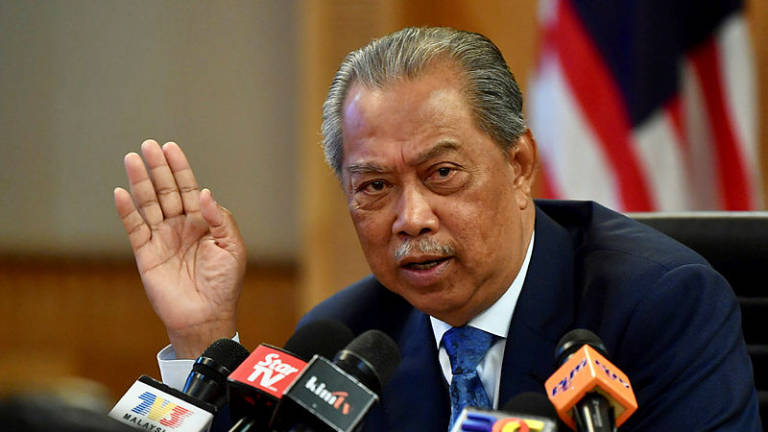
The new IGP, Datuk Seri Abdul Hamid Bador, had been positive about the IPCMC as well, so with all being said and done, it would seem that the only thing standing between the government and the establishment of the IPCMC is the political will to go through with it. So whether you support the IPCMC or not…
…we guess the government’s actions in the following months should be interesting.
- 391Shares
- Facebook328
- Twitter14
- LinkedIn13
- Email14
- WhatsApp22

